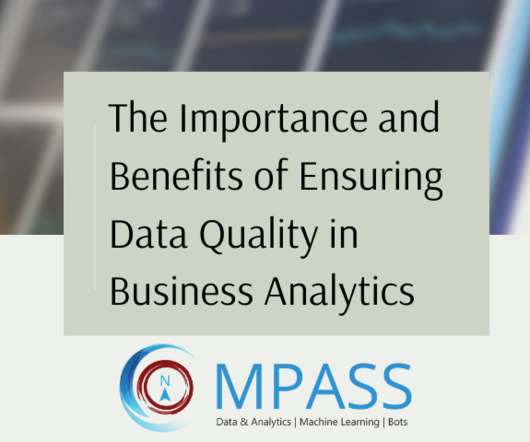The Packaging Industry is Massive, and It’s About to Be Disrupted
Leapfrogging
MARCH 19, 2019
As part of my work helping companies identify, develop and launch breakthrough new products, services, and business models, I get a glimpse of a lot of “ weak signals ” that will one day become future disruptors. Shipping bottles of liquid detergent around the world, for example, is both financially and environmentally costly.















Let's personalize your content